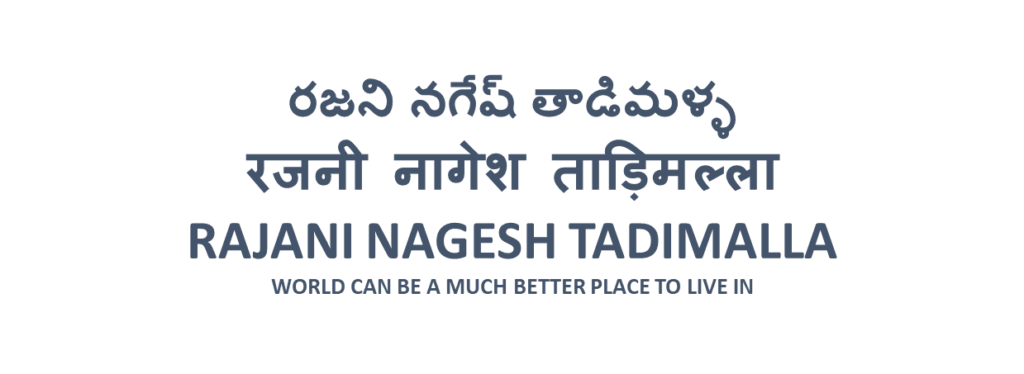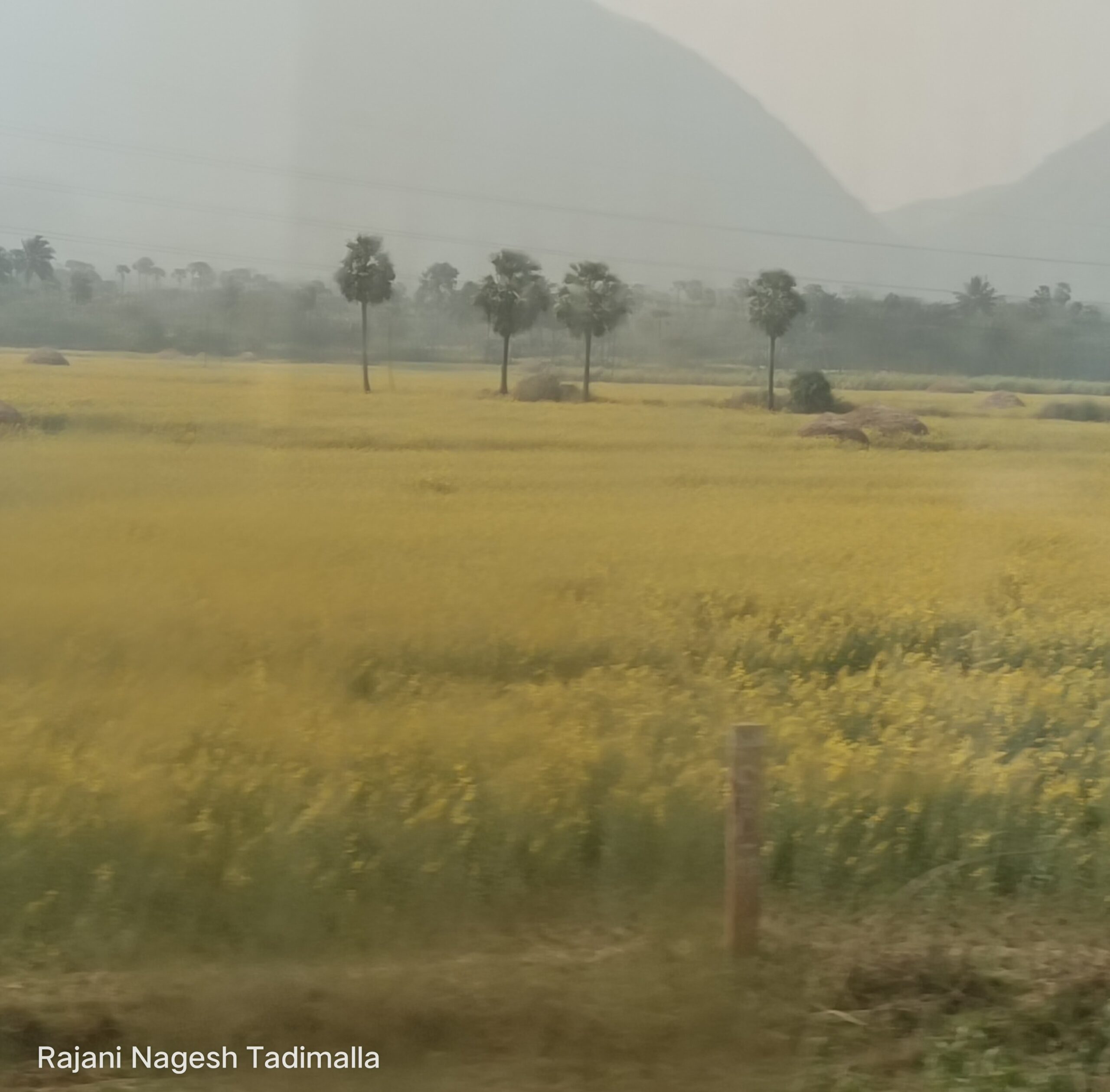According to World Health Organization (WHO), around 346 million people worldwide suffer from diabetes, the chronic disease, which may also cause damage to other parts of body and even aggravate many other ailments. India may well have the largest number of patients suffering from diabetes. Changes in lifestyle, growing consumption of junk food may all contribute to the growth of the menace. Not surprisingly, heart disease and diabetes are becoming common in all families. I will discuss non-communicable diseases (NCDs), some time later. But today’s blog post deals with language and communication. Then, what made me began today’s post with diabetes. During a recent rail journey, I encountered two old couples, one hailing from Central India, and the other from Tamil Nadu. While the former were uncomfortable in speaking English, the latter had problem speaking in Hindi. But, both families had one thing in common – the evil diabetes. And, that became the source of conversation. Initially, they struggled to understand each other, and at one point I felt, I may have to act as a translator. But, very soon, the families, were talking about remedies to control diabetes, and then they started talking about children, their education. By evening, they were more spontaneous in conversing with each other and shared food. That’s the bright side of India, where people attempt to transcend language barrier to reach out and exemplify unity in diversity, and Indian Railways has surely played some part in it.
Is language a barrier to communication? May be yes, may be no? I believe, it’s not so a barrier in informal communication, but certainly hinders formal communication. What’s your take?



